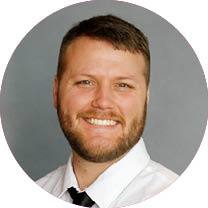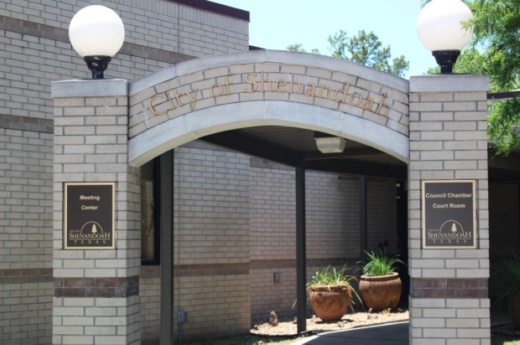The increase comes following a study conducted by various branches of the city and Bleyl Engineering, which factors in future growth of the city and water treatment needs over the next five years.
Shenandoah Public Works Director Joseph Peart said the rate increase is meant to help the city's wastewater enterprise fund become self-sustaining.
"Over 90% of the revenues are driven by the water and sewer rates," Peart said. "There's a shortfall over the next five years to the tune of about a $1.6 million deficit."
The enterprise fund will receive some financing from a Texas Water Development Board loan of around $6 million, which will help with improving the wastewater treatment plant by replacing blowers that aerate the water and moving a digester, Peart said.
The last major update to the treatment plant was done in 2004, and Peart said updates will need to be done to remain in compliance with the state.
The utility rate study indicated with financing from the TWDB, the average resident in Shenandoah uses around 7,000 gallons of water per month and is expected to see an increase of $5. At the current rate, an average bill is around $38.95. With the new rate, it is expected to be around $43.95.
Regardless of usage, Peart said users in the city are billed for a minimum of 3,000 gallons of water per month, which with the new rate will be around $20.91.
The rate increase was approved in a 4-1 vote, with Council Member Ted Fletcher casting the dissenting vote. Fletcher said he did not think the council had all of the data it needed, as the study did not include the upcoming budget items that are being paid for by the Shenandoah Municipal Development District and an impact fee study.
Shenandoah Mayor Ritch Wheeler said the council will need to keep a close eye on the water and sewer rate to make sure reserves are not too high, as he believes that means residents are being overtaxed.
"I'm not a fan of charging residents more money," Wheeler said. "I understand why, and I understand the need for it, but if it's 1 cent more than we need to, we need to give that back in some way."
Council Member Charlie Bradt said his biggest concern is something happening to the wastewater treatment plant.
"A reactive measurement is never as good as a proactive measurement," Bradt said. "It's the unknown."





